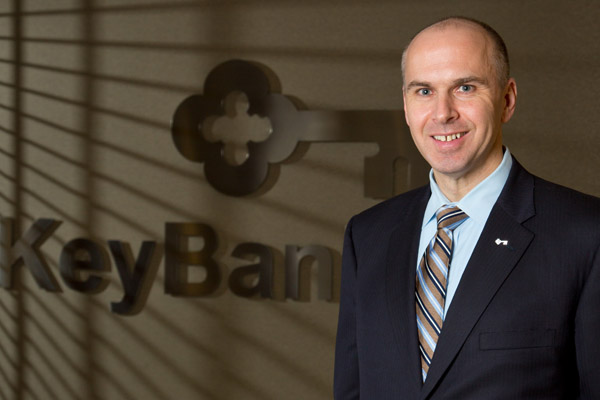Page 95 • (1,099 results in 0.083 seconds)
-
Faculty Feature: Dr. Jeffrey Bell-Hanson, Professor of Music and Director of Orchestral Activities Why did you decide to study music? What sparked your interest in music and how did your academic path and career develop from there? It was a family business for me, so to speak. My father was my first teacher in both piano and trombone,… June 22, 2020 FacultyUniversity Symphony Orchestra
-
Disabilities and Applied Behavior Analysis from UW in 2009. She moved from the classroom into a specialist position in 2004 and coordinated the autism programs in Tacoma Public Schools for 7 years. She left in 2010 to join the University of Washington, Tacoma as a full time lecturer where she coordinated the Teacher Certification Program. She joined PLU in 2012 as an assistant professor. When she isn’t working, she is busy chasing after three children and working in the garden. Dr. Tucker works primarily
-
register for an economics course with any prerequisites, a grade of C- or better must be attained in each of the prerequisite courses. Economics majors may transfer in a maximum of 16 semester hours toward the economics major, unless they have permission from their major advisor. ECON 499 meets the senior seminar/project requirement. For students planning graduate work in economics or business, additional math preparation will be necessary. For specific courses, consult your major advisor. Minor20
-
laboratory where students can be a part of real world applications of the three tracts of sustainability . Sustainability engenders social responsibility, economic equity, and ecological consciousness, which are essential aspects of living lives as citizens of the Earth. PLU values adequate preparation that will allow students to grow into members of society that serve and think of themselves as contributors to their communities. Recommendations for Organizational StructureWhat type of organizational
-
, technological, and entrepreneurial factors; consider issues such as feasibility and market timing; and then develop and present an “idea proposal” during the semester that will have written and visual components. A final presentation is required. Offered each Spring term. Prerequisite: Junior standing or permission of instructor. Recommended preparation: Introduction to Innovation Studies (HIST 121, HIST/PHIL 248, or HIST 346), and two of the following Principles: Business Principles (BUSA 201), Economics
-
answer the question of whether or not high schools should add linear algebra topics into the curriculum in order to provide students with a preparation for college level linear algebra. We will do this by examining two Common Core State Standards for Mathematics, HSA.REI.C.8 and HSA.REI.C.9. Once we develop our base of knowledge by defining terms that will be important to know moving forward, we will go through the most productive ways to teach these concepts in high school and how the skills learned
-

from the day. Our dinners were luxurious! We had an incredibly well-stocked freezer, a 1-meter-deep pit dug in the snow outside of the cook tent. Main dinner courses included salmon and halibut fillets, and shrimp. For side dishes, we had a long list of frozen vegetables to choose from, as well as choices of rice, pasta, couscous, tortillas, pita bread, and even quinoa! Aside from the bustle of meal preparation, the cook tent was never quiet, and most commonly filled with laughter. Conversation
-

to handle pressure. There are so many ways that my experiences as a basketball player translate to my work: such as how to operate in an environment where every possession (or every interaction) matters, where mistakes have consequences, and preparation and execution reap rewards. While on the basketball team at PLU, I was selected as team captain my senior year. This was a good opportunity to experience leadership, as it meant setting an example for the team with my words and my actions, being
-
, copy rooms, lounges, meeting and conference rooms, except as necessary to travel en route to permitted locations Classrooms and training labs (except for instructional purposes as noted above) Dining and food preparation areas; kitchenettes; breakrooms Health and medical facilities Private offices that are essentially public areas due to the frequency with which they are visited by others and used for meetings The Anderson University Center Computing and Telecommunications machine room Residence
-
underlying rules: The item must be a gift in the eyes of the IRS. This excludes contributions recognized as either a service or partial interest. Examples of non-deductible services include free massages, legal advice, tax preparation, etc. Partial interest gifts include the use of a vacation home, free rounds of golf, free airline tickets, or stays at a hotel. The item must actually sell at the auction. Therefore, we do not provide receipts for donated items until after the conclusion of the auction
Do you have any feedback for us? If so, feel free to use our Feedback Form.


